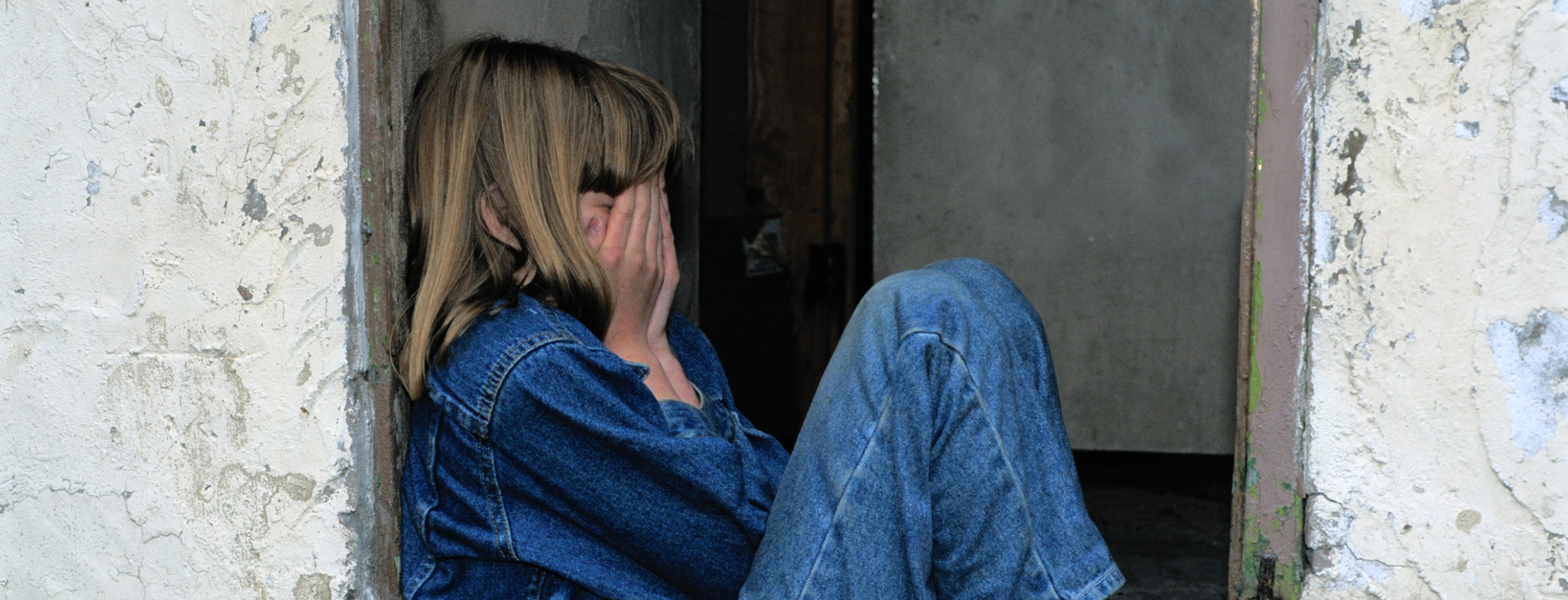
Full article available on Psychotherapy Networker.
To parents of children who witnessed the shooting in the Highland Park Parade, or to those who have friends and family who were victims or witnessed the shooting:
Here are some things to consider:
First, dear parent: be aware of your own behavior. Your behavior and general demeanor is the most impactful factor in how a child will process or experience the aftermath of the tragedy. Are you talking non-stop about the shooting with friends on the phone, in a heightened state of emotion, alternating between crying, watching news and worrying about the suspect? If you are distraught, it is best to have additional people in the house to help care for the children and dilute the intensity of your distress. It is important for the adults to rest in their own rooms and take breaks from processing the tragedy.
2-5 year olds: After the initial reactions of shock, disorientation or crying, young children may distract themselves with play or other regular activities, as though they are no longer affected. Or they may act spacey, hyperactive or irritable, but respond with indifference to the actual shooting. This is all normal.During this crisis, you should not be giving consequences to children for behaviors that you would normally not tolerate.. Understand that your child is terrified on the inside, and really your kids need you close by. Hold their hand, stroke their hair, put a hand on their back, sit knee to knee or shoulder to shoulder on the couch, give extra hugs and cuddles, read extra books, offer soothing drinks and extended bath-time.
Older children (6-10) may be thinking of existential questions but do not know how to express them. So in addition to the above, you could start by saying, “When something so scary happens, our brains don’t know how to handle it, so it starts asking some weird questions. You want to know some weird questions a brain might ask?” If they say yes, you could say “A brain might ask: “Is what happened my fault?” “Is there something wrong with me that everyone else cares but I don’t feel scared/sad/angry?” Is it ever safe to go to a parade (or to the beach or to the park) again?” If any of them resonate with your child, answers to these questions always have to be truthful, accurate and tailored to the child’s developmental level. KEEP YOUR ANSWER SHORT. You should not try to sugar-coat the situation.. Saying something like “I don’t know but I will do everything in my power to keep you safe” is a good response. Then you might ask them what they think the answer is to their own question. This is how they will express their fears, so do not minimize it. Just acknowledge that their answer is totally a possibility, and that you will get through it together.
Pre-teens and adolescents may have a confusing mix of reactions but they may be resistant to openly talking about them with us as their parents. We may want to pull them close, hug them and reassure them, but they might reject our overtures. Rest assured that your teens are thinking about the situation and that they are more sophisticated and nuanced in their understanding than you think. Invite them into a conversation as equals rather than coming in with an attitude that you are there to explain or protect them. For example, you might say “I was thinking about what I would have done if I had been right there, and I don’t know what I would have done. Would I have known how to help?” If you were in the vicinity and in harm's way, you could say “It’s so scary to feel the randomness of it all and I feel lost.”
No matter the age, if your child is scared, crying, feeling panicky or reacts by having disturbed sleep or eating patterns, reassure them that this is a normal reaction. It’s like getting wounded when you fall off a bike, or like a virus. Your body needs to repair. It needs time, TLC, reduced stress and pressure and time spent together with loved ones. A common reaction is to feel alternately “normal” and “not normal” (wanting to cry, hide, feeling anxious, etc). The important thing is to let the child know that it is their body’s reaction, which is normal, and that as uncomfortable as it is, there is nothing wrong with their reaction and the time it takes to recover. During this period, which could be 2-5 weeks, children should be allowed to follow their gut about whether they want to participate in previously scheduled events like camp or outings with friends. They may actually need to stay at home more, or to be with you, in order to reestablish a sense of safety.
For acute symptoms of anxiety, stress and panic, it is best to allow children to express their fears for a period of 5-7 minutes, more if the child is older, and then to offer “sensory resets”, which are different experiences through our senses that re-orient the brain’s focus on the anxiety to the novel feeling in our body. For example, drinking or eating something cold (ice popsicle), smelling something (give child hand or foot massage with fragrant lotion), movement (blow a balloon up and bop it back and forth), listening to music, reading a story, getting a change of temperature or air pressure by opening a window), going out in nature, digging in dirt, can all help settle the mind. All of these are activities that you can use for yourself as well.
If symptoms do not subside after six weeks, seek help from a licensed mental health professional who specializes in children and trauma.
Sign up with your email to receive news and updates.